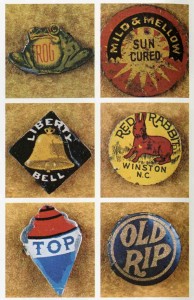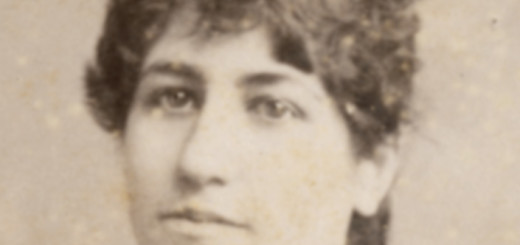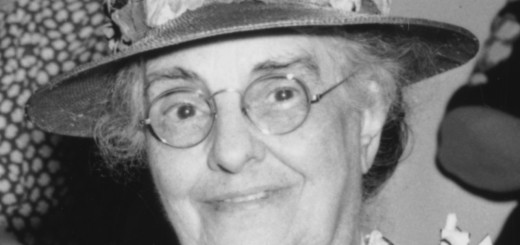The Union Republican newspaper announced on this day in 1906 that the R. J. Reynolds Tobacco Company will discontinue its premium department as of January 1, 1907.
At this time, the premium department was booming because of heavy sales of chewing tobacco. Forty-four people worked in the department, from 7:30 a.m. until 6:00 p.m, six days a week.
Small metal tags were stuck onto the manufactured tobacco and they bore the name of the brand. As an encouragement to trade, the company gave premiums in exchange for specified numbers of tags.
For example, in 1902, a dinner set could be exchanged for 2,000 tags, an English steel razor went for 75 tags, and a ladies’ mackintosh went for 1,000 tags. There were larger items as well, such as a Hamlin organ for 14,500 tags.
There were several difficulties that arose from the tag program. Counting the thousands of tags was time consuming, and lugging them from the post office took time and effort. Thievery was another problem, both before and after redemption. In 1904, a foundry was built to destroy the returned tags.
The notice that appeared in the local newspaper was also sent to 600 newspapers in the United States. There was a last-minute rush to redeem the tags before the first of the year, and the backlog kept employees busy until April 1907.
Tobacco tags are collectibles, and may be considered even rarer knowing that thousands of the tags were destroyed. Some people collect certain brands of tags by certain companies. Collectors are always on the lookout for a better quality specimen, to enhance their collection.
The photo above shows some of the tobacco tags from R. J. Reynolds Tobacco Company.





